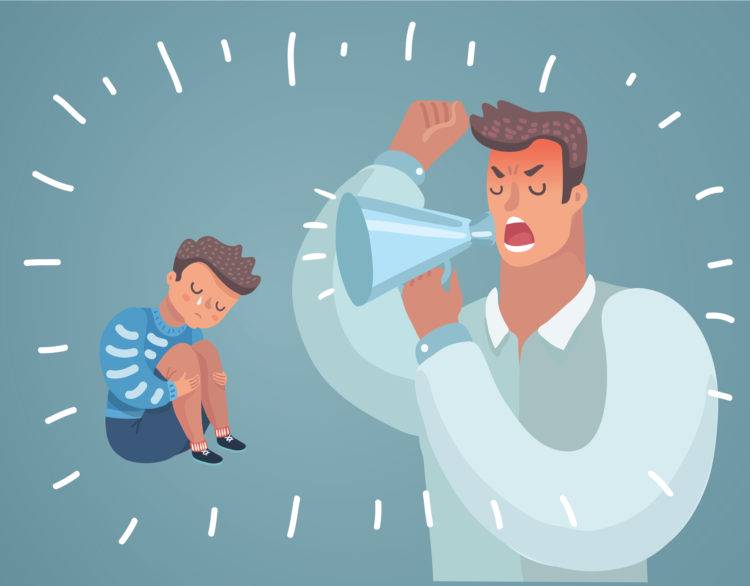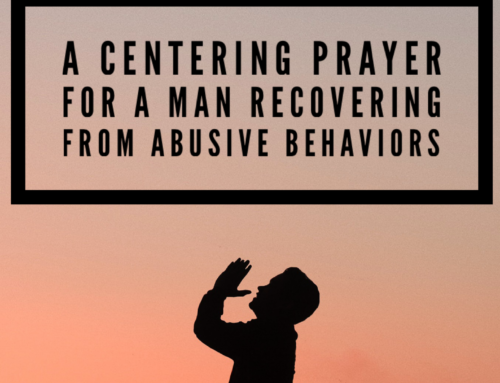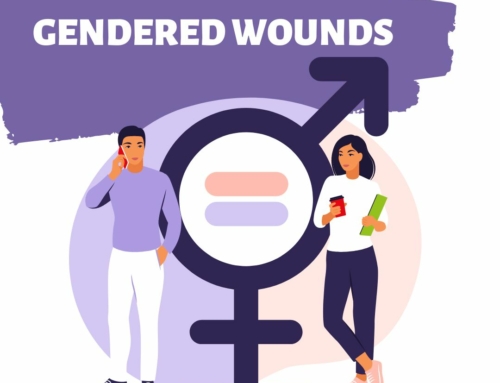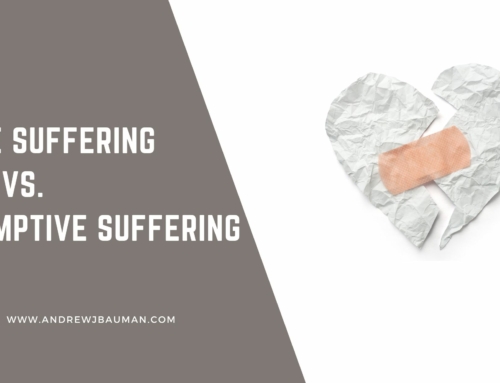We love a good narcissist. Like flies drawn to the organic matter within feces, we hover close to a narcissist to try to catch some of what they seem to have, but what they actually offer us is clearly already decaying waste to those who are not the flies. Crude visual, yes, but sadly all too accurate.
 Narcissists present well. They appear confident, strong, and intelligent like they don’t have a single weakness in the world. Those of us who are more honest with our brokenness and long for healing will sometimes unconsciously think the narcissist has what we are missing. “I
Narcissists present well. They appear confident, strong, and intelligent like they don’t have a single weakness in the world. Those of us who are more honest with our brokenness and long for healing will sometimes unconsciously think the narcissist has what we are missing. “I
want to be confident”, we say to ourselves. “I want people to respect me and what I say.” “I want to be strong, and not feel so weak.” So, without self-reflection, we are hooked. Like so many others, we are mesmerized at first, dazzled by the narcissist’s warm glow, but over time and as the relationship progresses, we begin to notice the cracks in the armor.
When this happens, the narcissist realizes he is being seen more authentically, which terrifies him. (I am gendering the narcissist in this example as “he” because of the unfortunate and tragic norm of male violence. This is my main area of expertise and work in my counseling practice. Can women be narcissists? Of course, but that is not what I am addressing in this article.) The narcissist’s greatest fear is being exposed, and for others to see that he is not who he is pretending to be. He will then perform many relational, emotional, and intellectual jiu-jitsu moves in an attempt to keep you guessing, keep you questioning your own truth and voice, and keep you hooked into his toxic orbit. This phenomenon is called “gaslighting”.
The problem is that the way a narcissist presents is not who they truly are. They overcompensate for their deep lack of confidence by presenting a false sense of assurance that appears to be strength, yet in reality, it’s anything but. They would never publicly admit weakness but are actually frantically afraid of being exposed and losing the power and control they gain from their posturing.
We see this playing out on the largest stage of American politics and in the homes of 33.33% of women who experience domestic (or male) violence in America. Narcissists are scared, deeply wounded adolescents boys trapped inside grown men’s bodies. This in no way excuses their toxic behavior; rather, it is helpful to understand who and what you are working with, so you don’t feel crazy yourself. You don’t argue with a narcissist
 for the same reasons you don’t argue with a child over the wrong color plate; it’s not worth your time and breath. You can rest in knowing the truth without having to convince anyone.
for the same reasons you don’t argue with a child over the wrong color plate; it’s not worth your time and breath. You can rest in knowing the truth without having to convince anyone.
While they are emotionally adolescent, they are still grown-ass men. When engaging a narcissist, you should neither engage with nor cater to their childishness, for this is how they keep their false sense of power. When we have firm, mature boundaries, they will often rage or throw a temper tantrum in an attempt to get their way. The only way to engage a narcissist is to require them to be an adult in your presence. No more enabling their childlike behaviors or immaturity.
If you are a narcissist hoping for recovery or a victim of narcissistic violence, please reach out today at www.ChristianCC.org.
When a toxic person can no longer control you, they will try to control how others see you. The misinformation will feel unfair but stay above it, trusting that other people will eventually see the truth, just like you did. – Jill Blakeway





